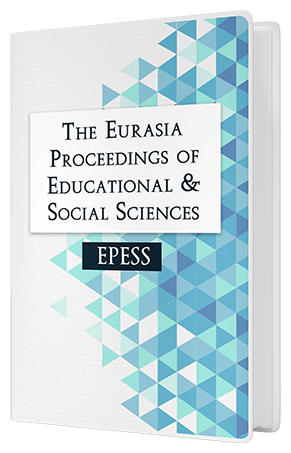The Scene and Importance of Teaching the Project Approach in the Light of the Results of a Hungarian Questionnaire Research
DOI:
https://doi.org/10.55549/epess.1179347Keywords:
Project orientation, Project management, Educational level, Project thinkingAbstract
The project approach, thinking in projects, is becoming increasingly important today. The rapidly changing world, new challenges and new tasks require us to plan and execute a task accurately, then analyze it and learn from our mistakes. It can also be said that our daily lives are not a series of routine tasks, as life presents us with new challenges. No better example of this than the pandemic, which is a new situation for everyone. Thinking in projects can be learned and taught, but it should not be learned on the job, but should become part of our knowledge long before it is needed. There are many methodologies, recommendations and good examples of how to transfer the project approach, but these are not always effective. In our research, we sought to identify the levels of education at which respondents consider project-based education to be effective. We were also interested to find out for what purposes they considered the project approach useful and where they would benefit from it. In this study we seek to answer the question of when it is appropriate to start teaching project-based learning, at what level and why it is important, based on the results of a questionnaire survey conducted in Hungary.Downloads
Published
Issue
Section
License
Copyright (c) 2022 The Eurasia Proceedings of Educational and Social Sciences

This work is licensed under a Creative Commons Attribution-NonCommercial-ShareAlike 4.0 International License.
The articles may be used for research, teaching, and private study purposes. Any substantial or systematic reproduction, redistribution, reselling, loan, sub-licensing, systematic supply, or distribution in any form to anyone is expressly forbidden. Authors alone are responsible for the contents of their articles. The journal owns the copyright of the articles. The publisher shall not be liable for any loss, actions, claims, proceedings, demand, or costs or damages whatsoever or howsoever caused arising directly or indirectly in connection with or arising out of the use of the research material. All authors are requested to disclose any actual or potential conflict of interest including any financial, personal or other relationships with other people or organizations regarding the submitted work.




